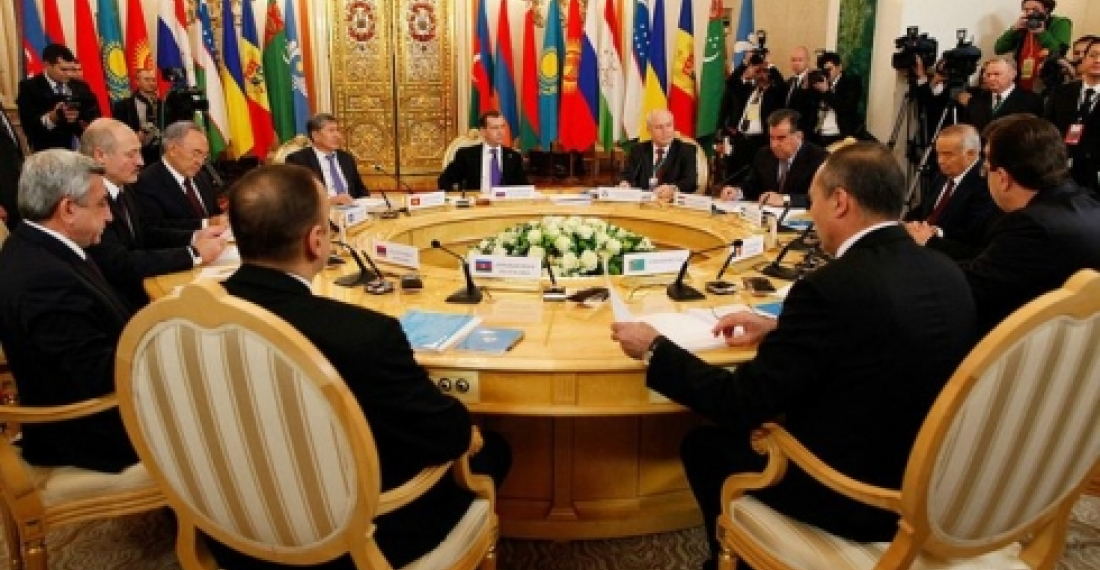Leaders of eleven CIS countries gathered in Moscow this week to mark the 20th anniversary of the establishement of the Commonwealth of Independent States which replaced the USSR in December 1991. It was an ocassion for reflection and also a bit of nostalgia. The Russian President Dimitri Medvedev recalled his own recollections of the day. "What happened is that I left one nation, which was called the USSR, and flew to Germany. And when I came back, I returned to a fundamentally different situation, one in which our common state was no longer."
The Russian leader added "I won’t deny that I, too, felt very strong emotions. But what’s most important is that today, we are sitting at this table, that we are friends, and that we are ready to develop our kind-hearted relations.
We say many things about the CIS. Clearly, over the course of the last 20 years, the Commonwealth has had a very difficult path of development. We are different nations with varying economic conditions, and our cultures are both close and, at the same time, distinct. But these cultures have not only shown the ability to understand each other very well, but also to cooperate efficiently on a voluntary, equitable and mutually beneficial basis.
The CIS has become an important stability factor in the post-Soviet space, and has truly become an influential regional alliance, even despite the costs that I suppose have always been there and which remain today. Together, we managed to do a great deal."
Medvedev added that the CIS will help for many years to come in resolving a wide variety of challenges.
Commonspace.eu political editor said in a comment that the CIS has little to show for its twenty years of existance, and has often been criticised as an organisation that produces volumes of agreements, few of which ever get implemented. Perhaps its biggest failure was its inability to prevent the Georgia-Russia war of August 2008. Russia's recognition of Abkhazia and South Ossetia afterwards was negtaively assessed by other CIS countries, and Georgia left the organisation soon afterwards. The CIS however continues to provide a forum for most of the former soviet republics to meet and exchange views, and its role is slowly being taken over by other organisations such as the CSTO and EurAsEc, although some CIS members have made it clear they do not want to participate in the these organisations
source: commonspace.eu with information from kremlin.ru
photo: Leaders of the 11 CIS countries meeting in Moscow on 20 December 2011 (picture courtesy of the Press Service of the President of Russia)







